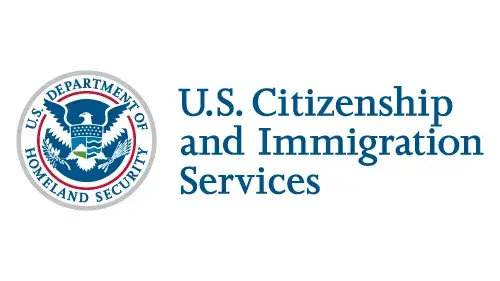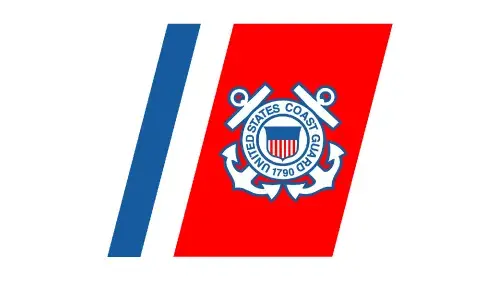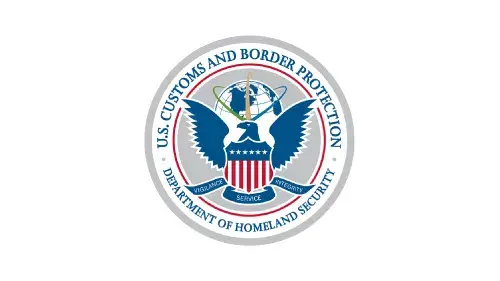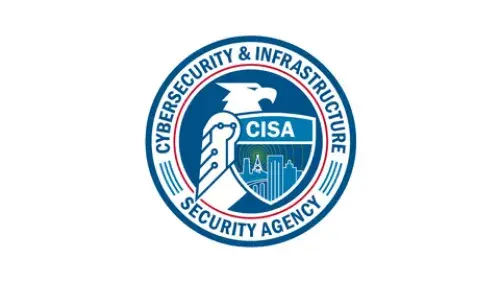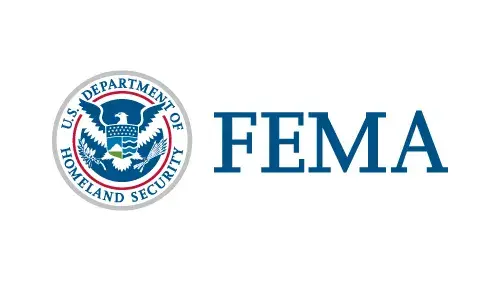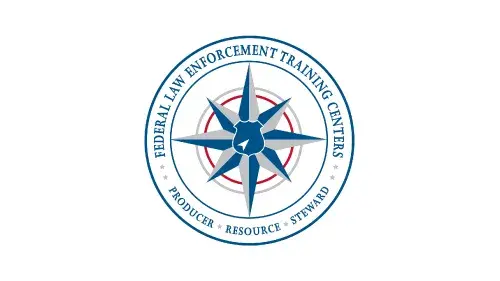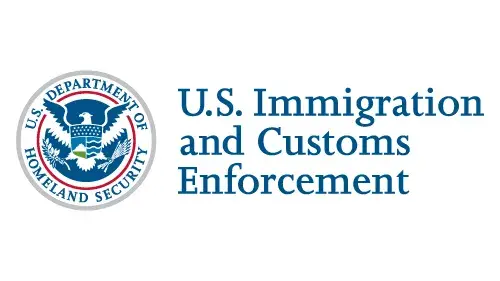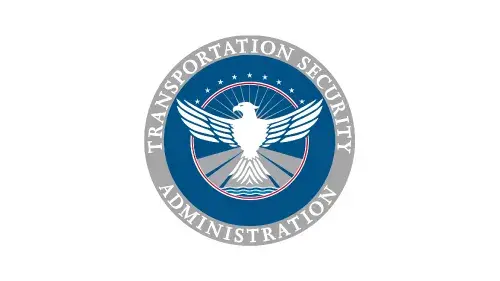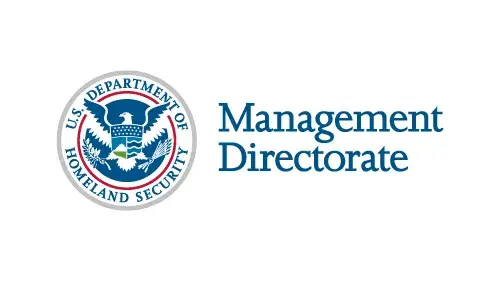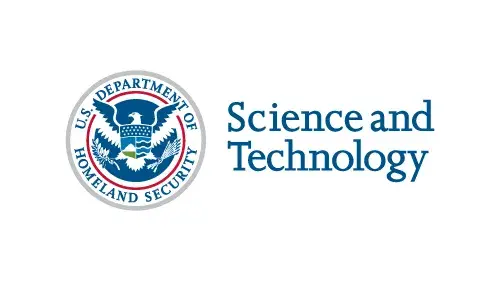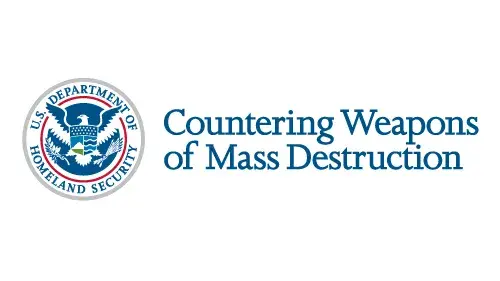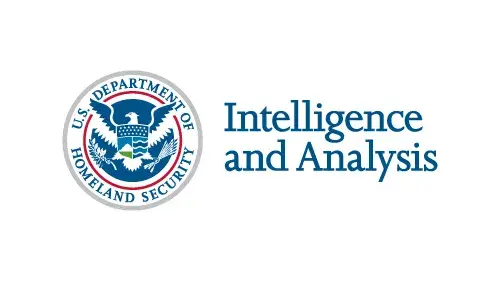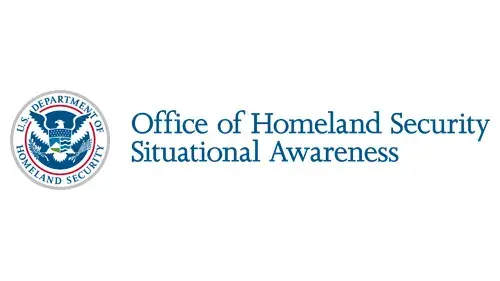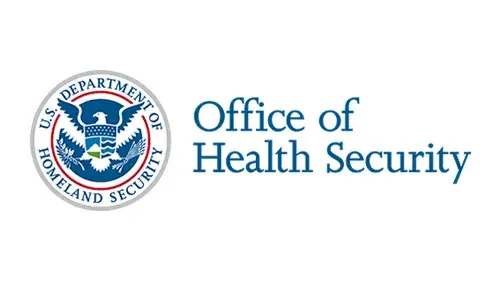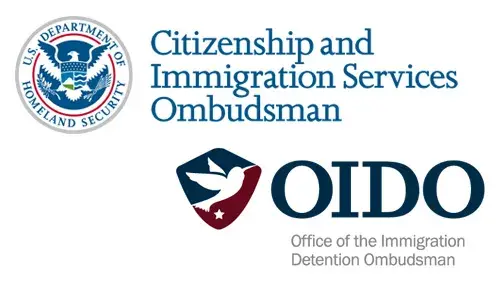A listing of all Operational and Support Components that currently make up the Department of Homeland Security.
-
Management Directorate
The Management Directorate is responsible for budget, appropriations, expenditure of funds, accounting and finance; procurement; human resources and personnel; information technology systems; facilities, property, equipment, and other material resources; providing biometric identification services; and identification and tracking of performance measurements relating to the responsibilities of the Department.
-
Science and Technology Directorate (S&T)
S&T is the primary research and development arm of the Department. It provides federal, state and local officials with the technology and capabilities to protect the homeland.
-
Countering Weapons of Mass Destruction Office (CWMD)
CWMD works to prevent attacks against the United States using a weapon of mass destruction (WMD) through timely, responsive support to operational partners.
-
Office of Intelligence and Analysis
The Office of Intelligence and Analysis helps the Homeland Security Enterprise with the timely intelligence and information it needs to keep the homeland safe, secure, and resilient.
-
Office of Homeland Security Situational Awareness (OSA)
OSA provides operations coordination, information sharing, situational awareness, common operating picture, and executes the Secretary's responsibilities across the homeland security enterprise.
-
Office of Health Security (OHS)
OHS is the principal medical, workforce health and safety, and public health authority for DHS.
-
Ombudsman Offices
An ombudsman analyzes, reports on, and raises complaints, concerns, and recommendations to the appropriate agency for resolution. This work is done with a commitment to neutrality, independence, and confidentiality. The ombudsman offices are separate and distinct from the agencies they oversee.

